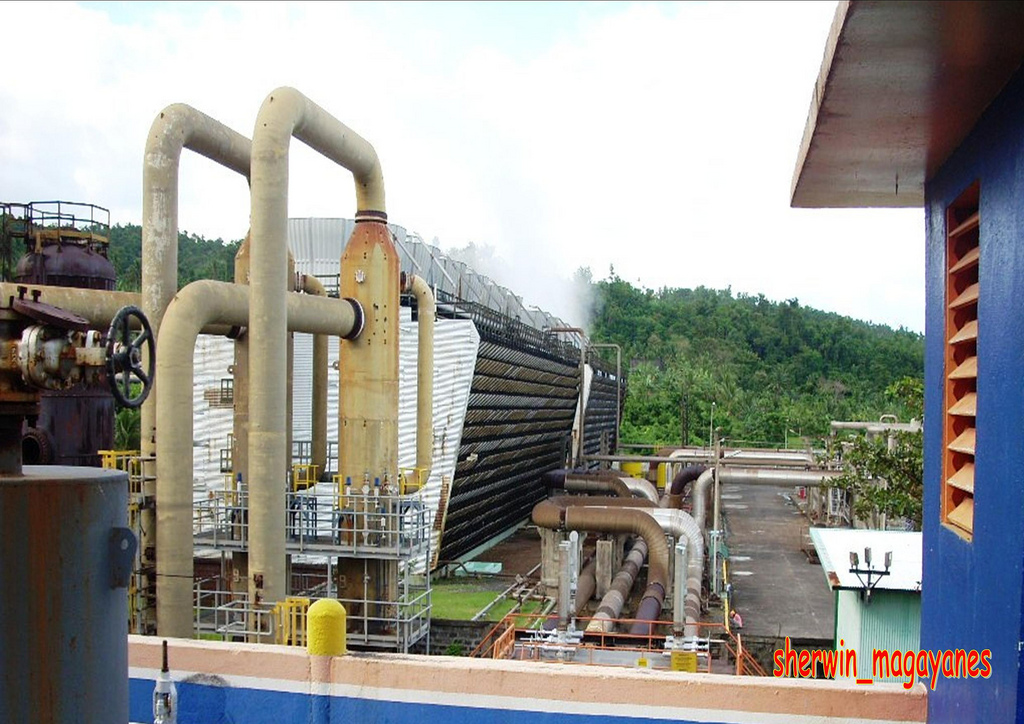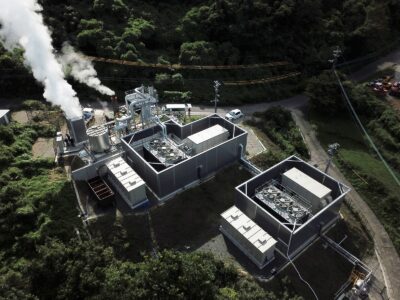Aboitiz and Chevron plan drilling campaign to increase steam production at Tiwi-Makban
Aboitiz Power Corp. and Philippine Geothermal Production Corp. (partly owned by Chevron Geothermal) are planning a drilling program to increase steam production at the Tiwi-Makban geothermal facilities in the Philippines.
Reported from the Phlilippines, “Aboitiz Power Corp., and Philippine Geothermal Production Co. Inc. are in talks to establish a drilling program that would increase steam production of the Tiwi-Makban geothermal facilities, a ranking official said.
“I think we are at 380 megawatt today and we would very much like, at the very least, sustain that or increase it to whatever the field will yield,” said Michael Pierce, chief operating officer of Aboitiz Power subsidiary AP Renewables Inc.
AP Renewables owns the Tiwi-MakBan geothermal plants after acquiring this from the government in 2008 for $446 million.
Philippine Geothermal is the joint venture of Chevron Geothermal Inc. and SM Investments Corp. The company operates the steam fields — the component that provides fuel to the power plants — in Albay and Laguna. Pierce expressed hopes that a plan could be finalized this year.
“It’s a conceptual discussion on what the make up well, drilling program will look like. We’re trying to close the gap and come to some agreement. Hopefully, we can resolve it by end of the year. There are quite a few steps before we start drilling wells,” he said.
Part of the talks will be on how to split the drilling cost, which could range from $6 to $10 million. Aboitiz Power president Erramon Aboitiz earlier said the drilling of wells could boost steam production. He earlier expressed hopes to work with PGPC.
“We hope to work with PGPC to bring the level of steam to higher levels. If we don’t drill any new make up wells, then that production will go down. Historically, we’ve been seeing the steam go down by five to six percent but no one knows,” he said.”
Source: PhilStar


















